Welcome to issue 25 of the Call to Comms!
In their state of digital inequality report, Connect Humanity revealed that 95% of respondents declared that the Internet was now crucial to their work. Connectivity opens many opportunities, but nearly 3 billion people do not have access to online spaces.
Here's what you need to know about how bridging the digital divide can contribute to achieving the Sustainable Development Goals (SDGs), with insights from the manager of the IT CUP center, which aims to participate in the development of a rural region of Madagascar through the introduction of digital tools.
The digital divide, education, and SDGs
The COVID-19 pandemic has both highlighted and, in some cases, exacerbated the digital divide. People living in under-connected areas or without access to information and communication technologies were particularly hard hit by the pandemic, with many businesses and schools adopting remote working and online classes.
One of the targets of Sustainable Development Goal (SDG) 9, which focuses on infrastructure resilience and innovation, is to "expand access to information and communication technologies and strive to provide universal and affordable access to the Internet in the least developed countries by 2020".
We're well beyond 2020, and research by the International Telecommunication Union suggests that almost a third of the population is still not online. And yet, to achieve many of the Sustainable Development Goals, particularly those relating to education, connectivity is almost essential. Information and communication technologies, combined with inclusive policies, can foster future development and open up new prospects for young people and marginalized communities.
We asked Irinah, a TSF member working in a center aimed at bridging the digital divide in rural Madagascar, what her missions have been like recently and how they echo this topic.
What digital challenges are the people you work with currently facing?
At the IT Cup Centre of Miarinarivo, we wish to enable people to solve their challenges with the help of digital technologies, which means first of all knowing what those challenges are! Currently it’s the end of the school year, so most of the students are revising for the baccalauréat [highschool’s final exam]. After that, we will organize summer activities that will link entertaining or creative activities with digital tools.
How can digital technology contribute in this context?
Throughout the year, we organize weekly homework support sessions. In fact, this activity is very popular all year round... not just during revision periods! We orientate the students to a number of digital media that offer school resources. One of them is particularly appreciated: the Educ Mad digital library. It was created by the association AccessMad (with which we are partners) and aims to support scientific learning at secondary school level. Basically it's a digital version of the Malagasy science programme, with lessons, exercises, exam papers, etc.
Before studying science, younger students are confronted with the French language that they need to use in their daily life to fill in official papers for the school or any activity that they wish to do; even our own cybercafé registration form! We use different digital and online tools to help them learn in an interactive and hopefully sustainable way!
What kind of tools do you use for this?
In many cases, the workshop is also a chance for them to learn using digital tools. So we start with small games to make them use the mouse and keyboard. Then we build quizzes and slides, these kinds of tools that enable interactive group learning. Around 20% of the young people who come to our activities never used a computer before, so we're taking the opportunity to combine educational content with computer use!
This week’s reads
The latest news from TSF, our partners, and the humanitarian and technological web
1 - Half of Ukrainian refugee children not enrolled in Polish schools
- 6 out of 10 Ukrainian refugee children across 7 countries aren’t enrolled in host country school, UNESCO says
- Language the key barrier between Ukrainian refugee children and school in their host country
- School not only a place for education but also to provide safety, friendship and support
2 - Black Sea Grain Deal ‘terminated’, putting global food security at risk
- Russia has declared on Monday it was pausing its participation in an agreement that allowed Ukraine to export grain by sea in Africa, the Middle East and Asia
- The deal was seen as essential to lower global food prices by 20%
- Millions more people could be facing hunger globally after failure to renew the deal and consequent food shortages
In case you missed it
To celebrate TSF's upcoming 25th anniversary, we've launched #TSF25Years on LinkedIn, Instagram and Twitter, where every day for 25 days, we highlight one mission a year. Still one week to go… come and join us to the journey!
See you next week!




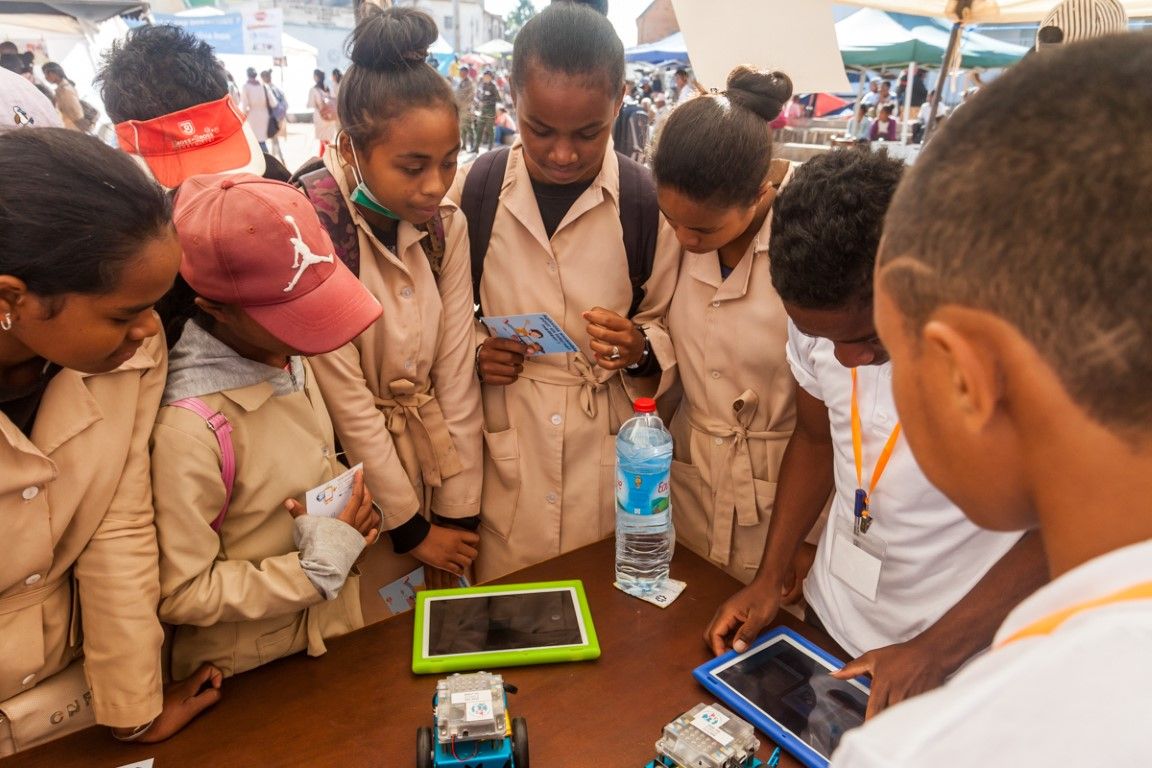



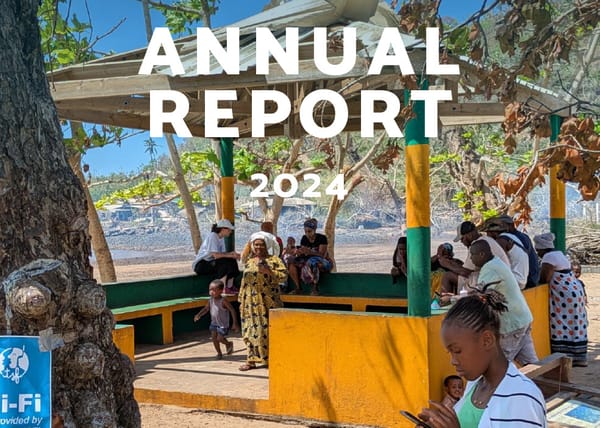
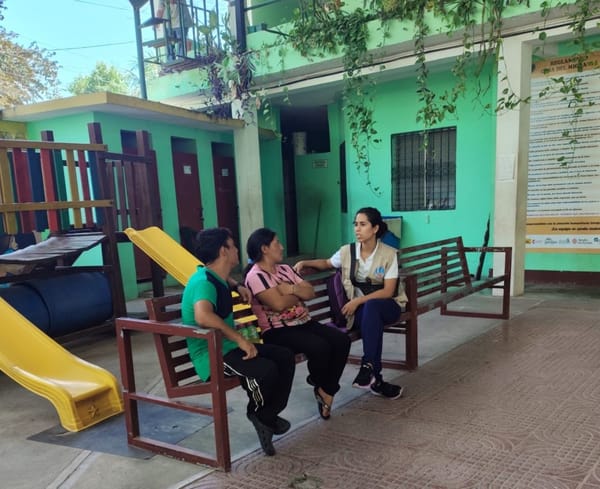
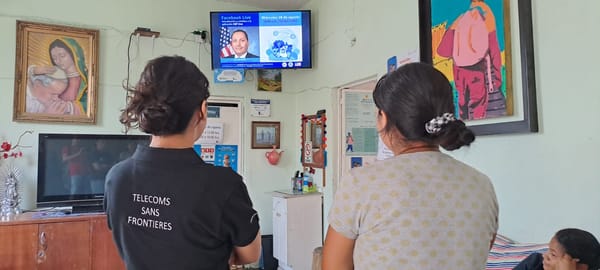
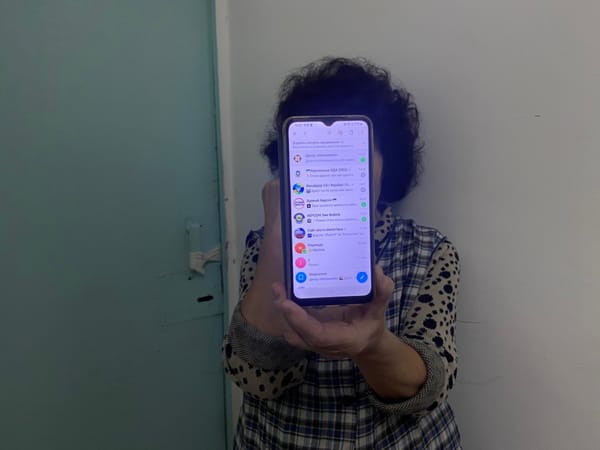
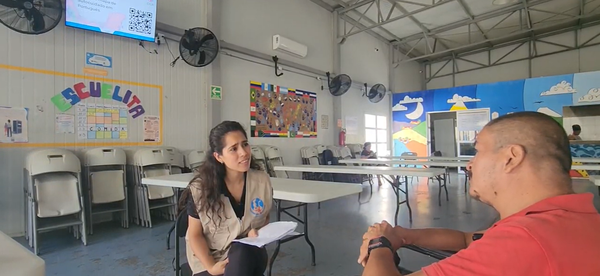
Member discussion